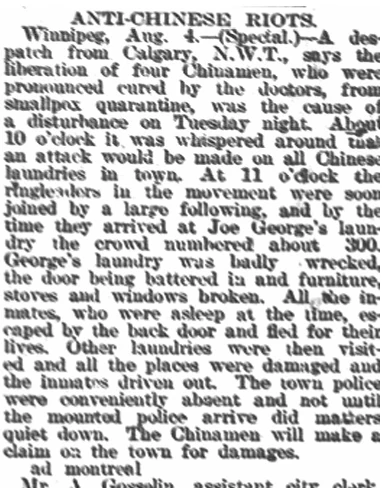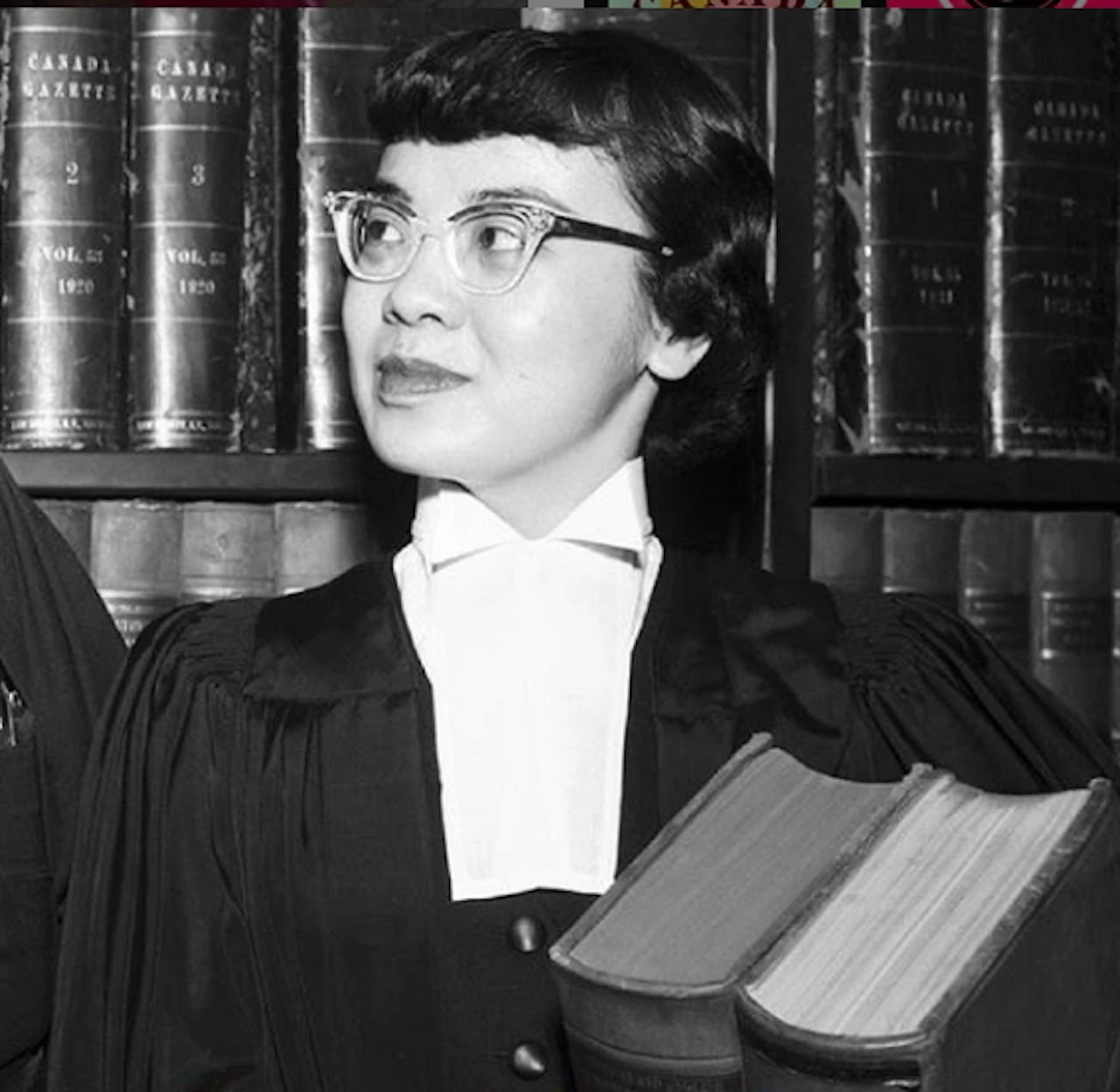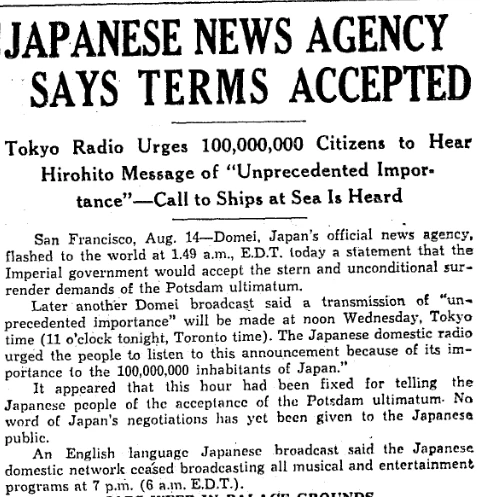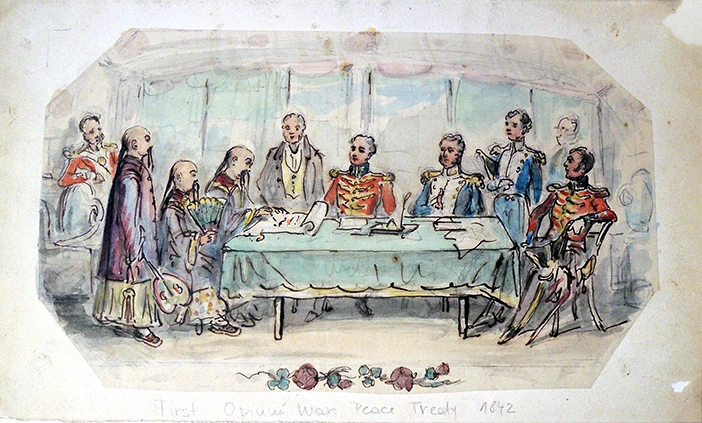
Aug 2, 1892
Calgary Riot: Chinese Businesses Attacked
Aug 2, 1892: Calgary mob rioted in Chinatown, attacking Chinese laundries & businesses. Local authorities failed to act. The incident began when a Chinese laundry worker contracted smallpox. Civic authorities responded by burning the laundry and quarantining its occupants. After four formerly quarantined individuals returned to Chinatown, a mob of around 300 men, many reportedly intoxicated after watching a cricket match, descended on Chinese laundries. The workers had fled, but the mob vandalized the premises and then moved to a store, injuring two people. Town authorities offered no protection to the victims. However, the North-West Mounted Police intervened, offering refuge in their barracks and patrolling the area for three weeks.

Aug 5, 1925
Margaret Jean Gee: Pioneering Chinese Canadian Woman Lawyer
Born August 5, 1925, in Vancouver, Margaret Jean Gee made history as the first Chinese Canadian woman to graduate from UBC's law school (1953) and be called to the British Columbia bar (1954). Her pioneering achievements broke significant barriers for women and Chinese Canadians in the legal field. Practicing primarily in immigration and family law, her work was invaluable to the Chinese Canadian community, especially in navigating complex immigration regulations during a period of restrictive policies. Gee's dedication not only provided crucial legal assistance but also served as an inspiration, demonstrating resilience against racial and gender discrimination and paving the way for greater diversity in Canada's legal profession.

Aug 15, 1945
Japan Surrenders: Hong Kong Returns to British Rule
August 15, 1945, Japan's surrender ended World War II, liberating Hong Kong from brutal occupation. This was profoundly significant for Canadian prisoners of war, as Canadian soldiers had fought to defend the British Crown Colony. Many endured harsh captivity after Hong Kong fell in December 1941. The event underscored Canada's contribution to the Pacific theatre and the sacrifices of its service members, including Chinese Canadians, whose resilience became a lasting part of Canadian military heritage.

Aug 29, 1842
Treaty of Nanking: Ends First Opium War
August 29, 1842, the Treaty of Nanking ended the First Opium War, ceding Hong Kong Island to Britain and opening treaty ports. As British subjects at the time, Canadians were indirectly impacted by concessions granted to Britain. This treaty, one of the 'unequal treaties,' had long-term consequences. Subsequent treaties, like the Convention of Peking (1860), further expanded foreign influence and facilitated an increased presence of Westerners, including Canadians, in China. At the same time, Canada—still a colony within the British Empire—was also participating in the signing of unequal treaties with Indigenous peoples in what is now Canada, reflecting the global reach and contradictions of imperial policy. For Canada, this notably paved the way for Canadian Christian missionaries from denominations like the Presbyterian Church to establish a more significant presence in China later in the 19th century, engaging in evangelistic, educational, and medical work, forming early links between the two regions, albeit under a colonial framework.